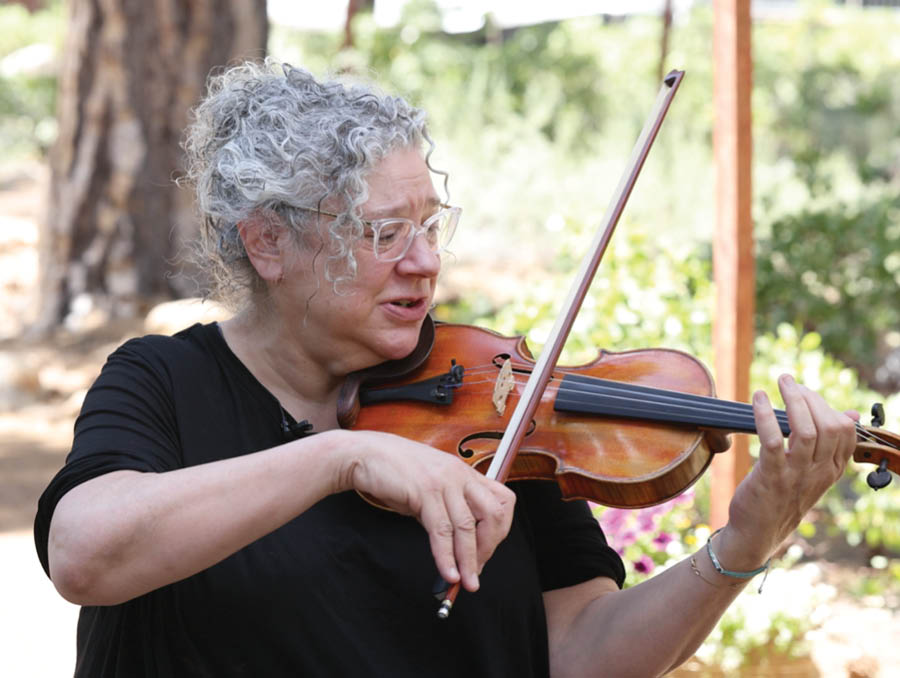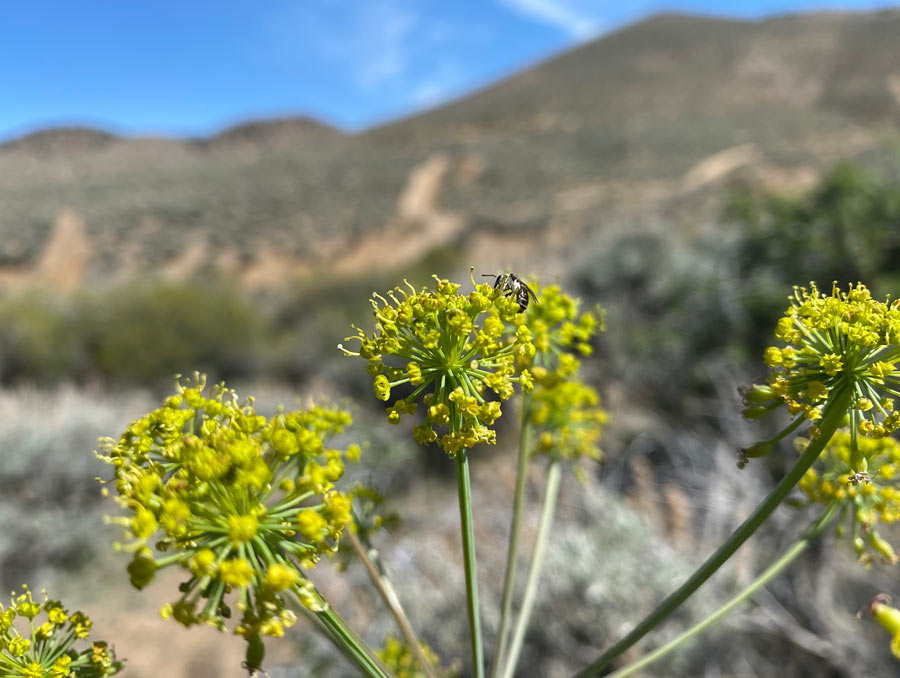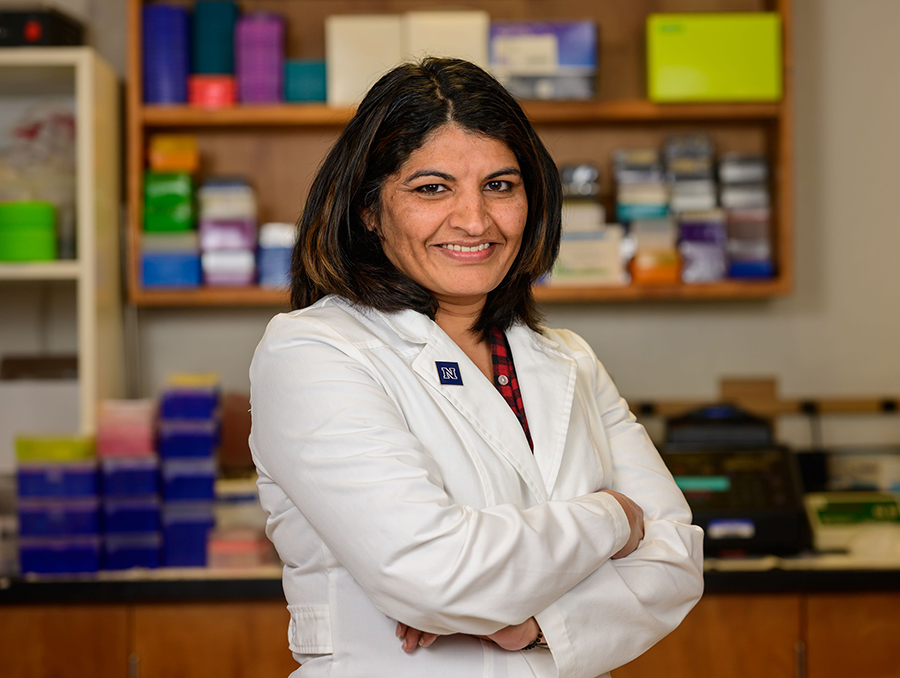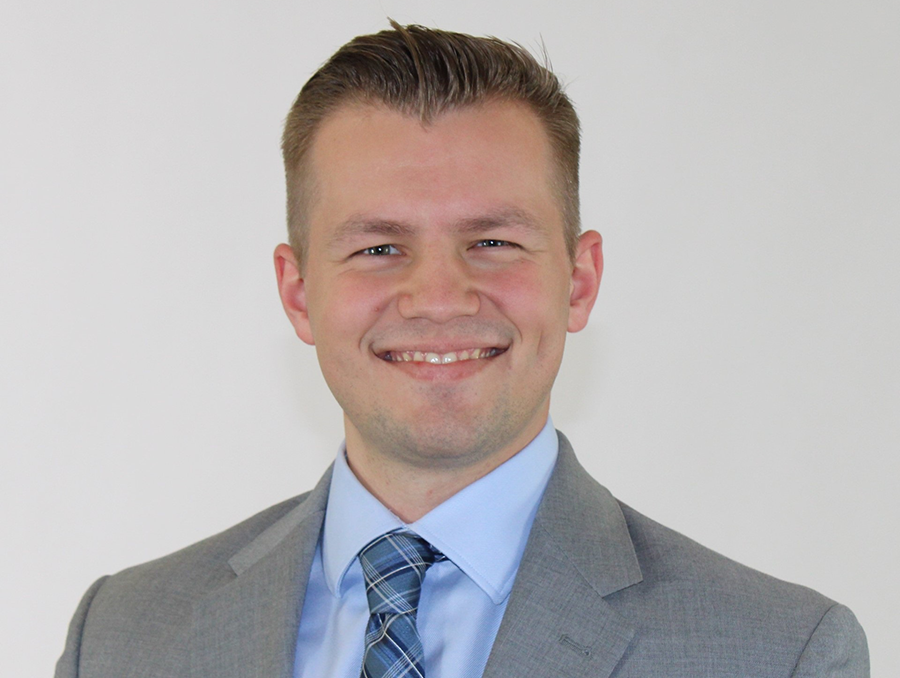A team of 10 biochemistry and bioengineering students from the University of Nevada, Reno received a silver medal at the International Genetically Engineered Machine Competition (iGem) in November for their work on plant biosensors.
The team traveled to the Massachusetts Institute of Technology where 117 university teams from around the world gathered for the annual competition.
“This was the first time many of these students attended an international conference. It was great for them to be exposed to the international community, and to see some truly impressive research,” said David Shintani, one of the Nevada team’s advisors and a professor in the biochemistry department.
The event is the premiere undergraduate synthetic biology competition. Synthetic biology is an area of biological research that combines science and engineering in order to design and build novel biological functions and systems. This is the second team from Nevada to participate in the six-year-old competition that includes schools such as Harvard, Stanford, MIT, U.C. Berkeley and other distinguished schools from around the world.
The University of Nevada, Reno, Purdue and Harvard were the only universities to conduct research on plants for the competition, which historically has used bacteria to engineer new genetic characteristics into an organism. The Nevada team created plant biosensors using tobacco.
“Plants are able to sense the environment around them, and create signals indicating stress,” Matt Polasko, a team member, and a biochemistry and molecular biology major, said. “Usually these early signals are not easily recognizable by humans so we’ve taken the genes that detect the environment and have created a signal that a human can understand, such as having the cells glow in response to stress inducers, such as cold.”
“The students have successfully engineered the tobacco to show a bright red fluorescence when put under cold stress,” Christie Howard, faculty advisor and professor in the College of Agriculture, Biotechnology and Natural Resources, said. “We’re excited and quite happy with the results.”
During the competition, Nevada organized and held the first iGem plant summit. This summit informed others at the competition of the benefits of using plants in iGem competitions.
“About 70 people attended the plant summit. It gave Nevada a big presence at the jamboree,” said Randy Pares, an iGem team member. “It was great to represent and promote Nevada at such an important competition.”
In all, there were 60 gold medals awarded, 16 silver medals awarded and 27 bronze medals awarded. Last year the Nevada team took home a bronze medal.
Most of Nevada’s team is graduating this year. The remaining students will be around next year to mentor new students, and compete in the summer-long iGem competition again.
“It’ll be great to see newer students having mentors to look up to. Our team has never had that before, and I think it’ll be very beneficial,” team member Elaine Bersaba said.
“The students did extremely well. They planned everything, and really took control.” Shintani said. “They deserve a lot of credit. iGem is one of the best learning experiences at the University.”
Team members are Elaine Bersaba, Christian Copley, Bryson Wheeler, Matt Polasko, Samantha Lee, Hilary Allen, Richard Hilleary, Vadim Gladwill, Randy Pares and Nicholas Noel.
The team has received support from the biochemistry department, the College of Agriculture, Biotechnology Natural Resources, the Nevada IDeA Network of Biomedical Research Excellence Program and the VP of Research’s office.











